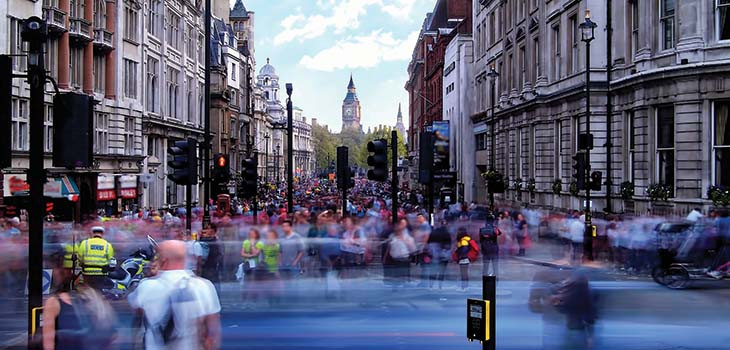
- Clause 10 of the Public Order Bill proposes a significant widening of stop and search powers by adding seven new protest-related offences.
- Clause 11 seeks to confer on the police a new suspicionless stop and search power, while clause 14 makes it a summary offence for a person to intentionally obstruct a suspicionless stop and search, punishable by a potential prison sentence of up to 51 weeks.
At the time of writing, the controversial Public Order Bill (the Bill) passed all of its stages in the House of Commons and has received a second reading in the House of Lords. In the eyes of its critics, the Bill represents an unjustified and disproportionate interference with freedom of speech and the right to protest, as protected by Arts 10 and 11 of the European Convention on Human Rights. For the Johnson government which introduced it, however, it was claimed that the Bill ‘will enable [the] law-abiding majority to go about their day-to-day business and









